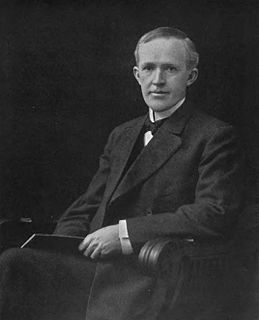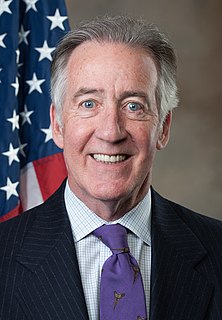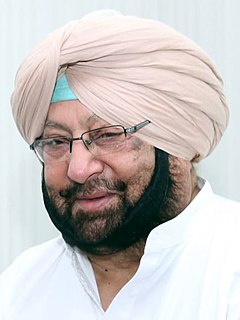A Quote by Andrei Tarkovsky
I have to say from the outset that not all prose can be transferred to the screen.
Quote Topics
Related Quotes
In almost every book I've written, there is a reference to a movie - legendary films, actors and actresses, and forgotten made-for-TV movies. The leaps poems make are not unlike the cuts in a film. The miniature and avant-garde prose poets have perhaps the most obvious ties to film, as a prose poem in its shape is not unlike a movie screen.
Poetry has an indirect way of hinting at things. Poetry is feminine. Prose is masculine. Prose, the very structure of it, is logical; poetry is basically illogical. Prose has to be clear-cut; poetry has to be vague - that's its beauty, its quality. Prose simply says what it says; poetry says many things. Prose is needed in the day-to-day world, in the marketplace. But whenever something of the heart has to be said, prose is always found inadequate - one has to fall back to poetry.
You recalled the 1956 declaration, and this declaration established the rules that should be followed by both sides and that should be put into the foundation of a peace treaty. If you carefully read the text of this document, you will see that the declaration will take effect after we sign a peace treaty and the two islands [Kunashir and Shikotan] are transferred to Japan. It does not say on what terms they should be transferred and what side will exercise sovereignty over them.





































